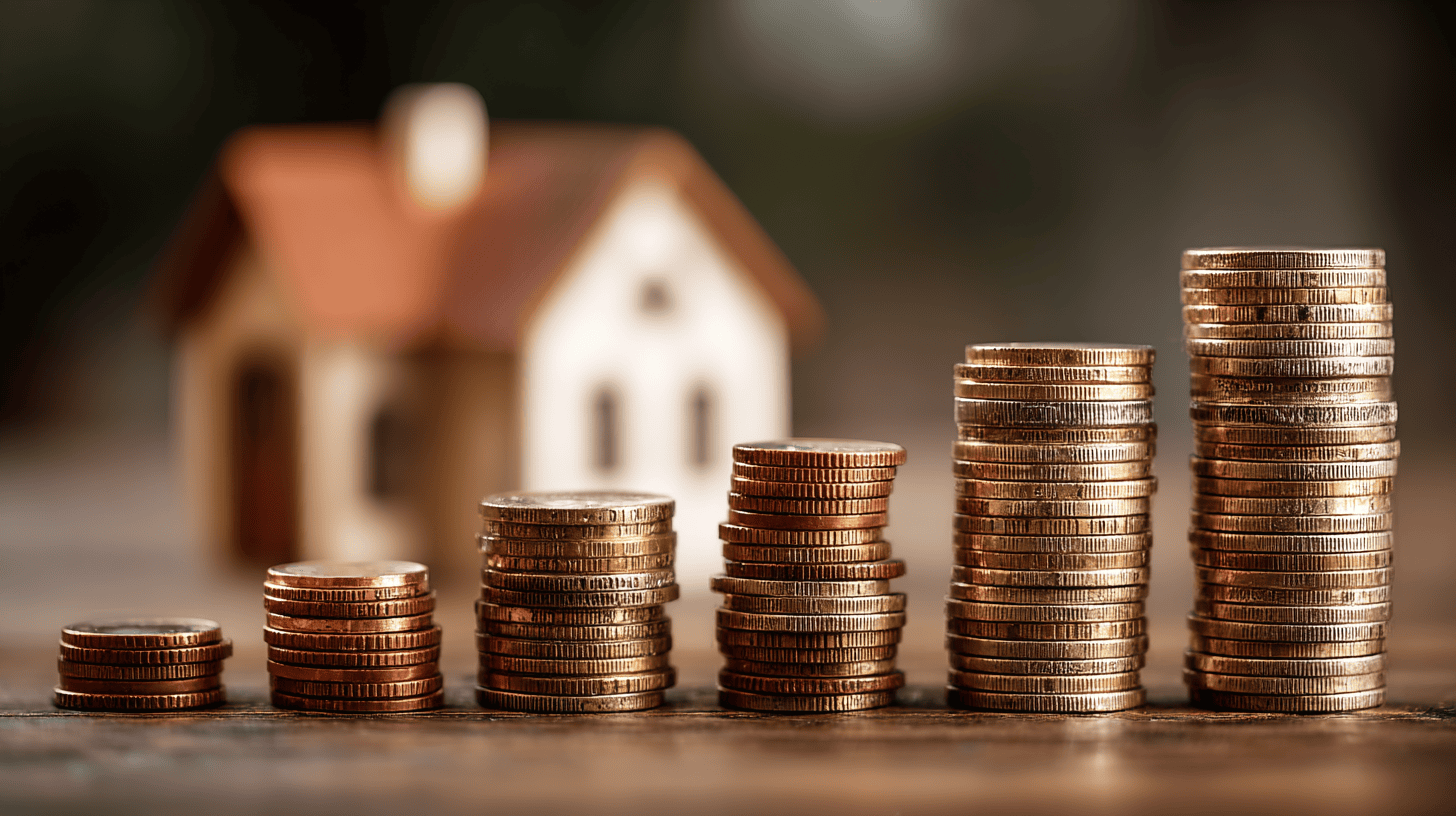There are no if-then rules that apply to the stock market that work every time. If that were the case, everyone would do them, and investing would be easy. Ben Carlson says nothing works all the time, but that doesn’t mean nothing ever works.
The arrival fallacy refers to the mistaken belief that finally “arriving” at a long‑sought goal will deliver lasting happiness. In fact, “arrivals” sometimes recalibrate the happiness bar and send us chasing the next ever-greater milestone, a cycle researchers call hedonic adaptation.
New research led by the University of Nottingham in the UK suggests that the COVID-19 pandemic accelerated brain aging, even in people who managed to avoid infection with the virus.
The biggest risk to a successful strategy might be copycats. Too much money chasing the same thing. As more and more money pours into the same strategy, the dynamics of asset prices change, and the risk of an unwind grows. The more money, the more violent the unwind could be…especially when debt is involved.
Speaking of a strategy, here are some money moves for physicians to make in their 40s.
If you’ve been investing for a while, you’ve probably had that odd experience where you did everything right and yet, the outcome felt as random as a coin toss. It’s frustrating and humbling, and yet, as the leading investment analyst and thinker Michael Mauboussin explains, this is the nature of the world we operate in.
Everyone’s heard of Reddit. Some investment professionals continue to associate Reddit with fringe activity. However, it would be a mistake today to underestimate the role social networks play in providing investment-related information online.
The largest financial asset for the majority of middle-class households is their home. While many baby boomers are trading up or moving elsewhere for retirement, many are essentially locked into their current houses, whether they like it or not.
If you’ve been watching real estate prices in 2025 like I have, you might’ve noticed that things are starting to shift. After years of eye-watering bidding wars, pandemic-fueled migration, and supply crunches, the housing market is no longer surging uniformly. Instead, it’s showing signs of fragmentation.
You cannot “outgrow” or “out-compound” a poor spending habit. It doesn’t matter how much you earn. If you spend it all, you’re listless. This bad habit occurs across the entire wealth spectrum, but the stories resonate most deeply at the upper levels.
If you could have just one piece of information on somebody to predict their future wealth, what would it be? Would you ask for their IQ? Whether they went to college? How about their parents’ education level? Nick Maggiulli would ask for their current income.
Everyone talks about the soaring cost of child care (e.g. here, here and here), but have you looked at the soaring cost of pet care? Pet care is less regulated than child care, but it too is subject to the Baumol effect. So how do price trends compare? Are they radically different or surprisingly similar?
Don’t miss this guide to the One Big Beautiful Bill Act for high-income individuals and taxpayers.








